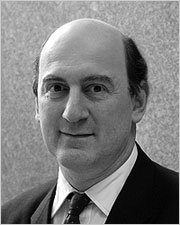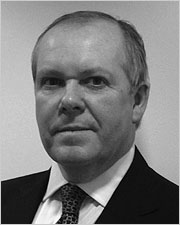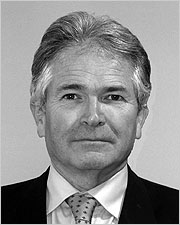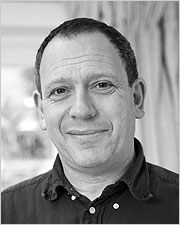The Claimant, Mr John Spencer, a Solicitor for over 20 years, in Nenagh, Republic of Ireland is also an experienced property investor with a substantial property portfolio in the UK and Ireland.
As a result of both oral and written representations in October 2005 made by Anglo Irish Bank, which became the Irish Bank Resolution Corporation, he invested €1 million in the Whitgift geared property fund.
The background to this investment was the purchase of certain property interests in the Whitgift Shopping Centre (‘WSC’) in Croydon, South London in 2005. Over the course of several meetings with the Bank, the Claimant received 2 brochures, one of which forecasted substantial returns by way of active asset management and redevelopment opportunities. As such, he anticipated a return of 220% on this high-risk geared investment. The WSC had in the 1950s been the largest shopping centre in the UK; however others had overtaken it and it had become the largest shopping centre in southern England and was by 2005 just the largest shopping centre in Croydon.
An investment in knowledge pays the best interest.”
Benjamin Franklin
An important aspect of this case is that 50% of the freehold title of the Whitgift Centre is owned by the Whitgift Foundation (‘WF’). No development to the centre could be undertaken without its consent. A previous planning application to develop an 80,000 sq ft car park into offices had been approved but could not be acted upon until 2010 when the current lease expired. It also appeared that Croydon council had decided that they wanted to encourage other shopping facilities to come to Croydon and were committed to making their access easier. Furthermore, no new development proposals were ever submitted by the Bank for the WF to consider. Representations made to the Claimant, clearly implied that the shopping centre, flats and offices were immediately available for re-development.
The case turned on whether or not the Claimant could rely on the brochures to bring an action for misrepresentation and negligent miss-statement. Mr Justice Hogan, overturning the original decision of Costello J, concluded the brochures were not sent simply to gauge interest but were an integral part of the sales pitch designed to induce the Claimant to invest.
The Bank made 4 serious miss-statements in its brochures;
- 2 opportunities identified for development, did in fact, occupy the same site;
- It endorsed the development potential even though the WF was given no opportunity to consider any proposals;
- It asserted the WF was in favour of the plans for the centre; and
- It asserted 80,000sq ft of space was on the cusp of development when there was still 5 years of the lease left to run.
Allowing the appeal, Mr Justice Hogan concluded the Bank’s conduct had a serious influencing effect on the Claimant and that by 2010 the value of the equity had dropped to nil.
He also accepted the Claimant “entered into this investment knowing that it is was high-risk. But even those who invest in high-risk projects are entitled to be protected by the law in respect of negligence and misrepresentation”.
This case has now been sent back to the High Court for an assessment of damages.
Link: High Court of First Instance Judgment in John Spencer v IBRC and Stapleford
Link: Court of Appeal Judgment in John Spencer v IBRC and Stapleford
Expert Evidence Limited is a professional firm concentrating on the four main areas of dispute resolution; acting as expert witnesses in financial litigation, mediation, arbitration and adjudication. The firm has a civil, criminal and international practice and has advised in many recent cases. Areas of specialisation include banking, lending, regulation, investment, and tax.
Ask a question about mediation services. We are here to help!
Disclaimer: The above case summary is derived from publicly available information and is not intended to be anything more than a statement of the author’s views on the salient factors of the case. It is not intended and should not be understood to be legal advice of any sort. All views are solely those of the author and no use of the summary should be made without statements being checked against the source of information. Expert Evidence Limited takes no responsibility for the views expressed. The copyright of the summary is owned by Expert Evidence Limited but may be used with written permission which may be forthcoming on application through the contact us page. This news item is not intended to imply or suggest that Expert Evidence Limited was involved in the case, only that it is considered an interesting legal development.


















